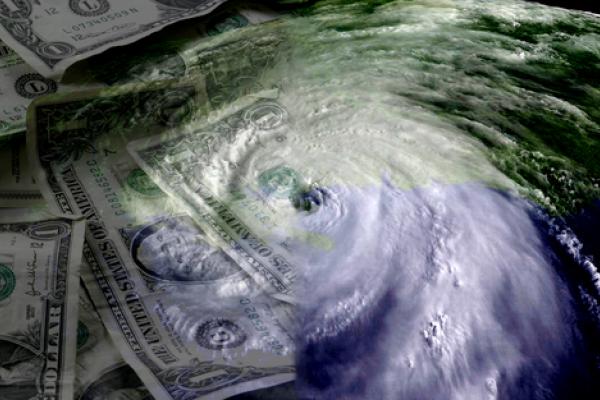When Frederick Douglas assembled with other representatives at the National Colored Convention of 1853, they collectively condemned the nationwide epidemic of racial discrimination. As the gathering intended to discuss the circumstances and possibilities of “coloreds” (as they were called then), they recognized the various ways that “scorn and contempt” were heaped upon them — for no justifiable reason — by the white-skinned racial majority.
In remembrance of Douglas’ critique surrounding his 19th century “white countrymen,” and in recognition of our annual celebration of Black History Month, we in the U.S. continue to mourn the deep divisions that occur due to racial misunderstanding. In other words, as we take an inventory of race relations roughly 195 years after Frederick Douglas was born, we recognize that racial ignorance among far too many of our citizens continues to result in a disturbing level of collective indifference and social inequality.
“We can’t wait any longer,” Sen. Chuck Schumer declared to his colleagues on Monday. “Ninety-one days ago, Sandy struck a body blow against New York. Today, finally, we can strike back and give our people the help they need to get back on their feet.”
Shortly following, the U.S. Senate passed a long-awaited $50.5-billion disaster aid package that was then sent to the White House for President Obama’s signature.
Superstorm Sandy was the largest Atlantic hurricane on record, though it was only ever a Category 2 storm at its strongest and had weakened to a Category 1 storm by landfall. Nevertheless, due to its immense size, incredible amount of moisture, and record-breaking storm surge, it is estimated to be the second costliest storm in the history of the United States after Hurricane Katrina in 2005.
John McCain angrily insisted on “right” and “wrong” answers to his questions of Chuck Hagel yesterday. As a theologian and a religious leader, I want to say that John McCain is “wrong.”
I watched the hostile questions that Sen. McCain asked Hagel in the hearings on his nomination for Secretary of Defense. The angry attacks from McCain were about the Iraq War, for which McCain was one of America’s leading advocates. Hagel had previously called the war in Iraq the biggest American foreign policy mistake since Vietnam. Obviously furious, McCain tried to force Hagel to say the last “surge” in Iraq, which McCain had made his cause, was right after all. Despite the aggressive and disrespectful questioning from his former “friend,” Hagel wouldn’t submit to McCain’s demands and said these questions would be subject to history — and to theological morality, to which John McCain has never submitted his views. In fact, his repeated desire to invade other people’s countries is offensive moral hubris.
Super Bowl halftime shows often burn more vivid images into the American conscience than the most-watched football game of the year, and can claim millions more viewers.
They can also ignite controversy, as Janet Jackson did with her halftime “wardrobe malfunction” in 2004. Last year, performing with Madonna, British-born hip-hop star M.I.A. gave the finger to 114 million people.
Outraged by the raunchy behavior, or simply to capture some of the Super Bowl’s supersized audience, some religious programmers are now producing halftime shows of their own.
An awesome Big Game ad, a trip to the Grand Canyon, some sweet grooves, a dog that wears menswear, and Mumford & Sons jamming with a high school marching band. Yes.
Shane L. Windmeyer, a nationally recognized LGBT leader in higher education, recently ‘came out’ as a friend of Dan Cathy, Chick-fil-A’s president and COO, who found himself embroiled in a PR battle after making anti-gay marriage statements. In Windmeyer's article published in the HuffPost Gay Voices, Shane explains the unusual turn of events that led to his sitting alongside Dan Cathy at college football’s Chick-fil-A Bowl and going public with their friendship.
As the executive director of Campus Pride, the leading national organization for LGBT and ally college students that launched a national campaign against Chick-fil-A, Shane hesitantly took a phone call from Dan last fall. As the two continued their conversation in the months to come, Dan learned more about Shane, the LGBT community, and their perspective of Chick-fil-A’s controversial actions. Shane, too, learned of Dan’s genuinely held beliefs and important details regarding Chick-fil-A’s giving practices.
I find the significance of this article summed up in Shane’s words:
"It is not often that people with deeply held and completely opposing viewpoints actually risk sitting down and listening to one another. We see this failure to listen and learn in our government, in our communities and in our own families."



